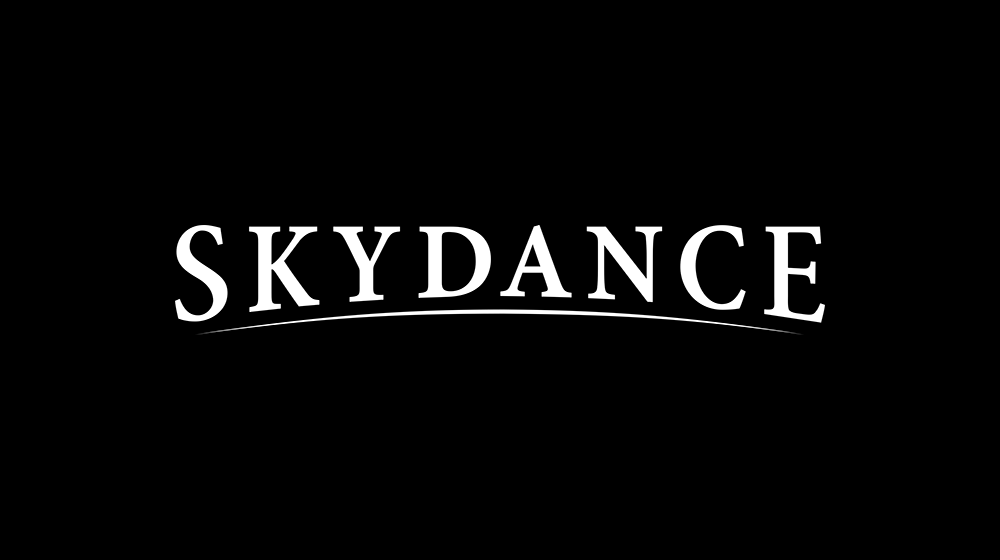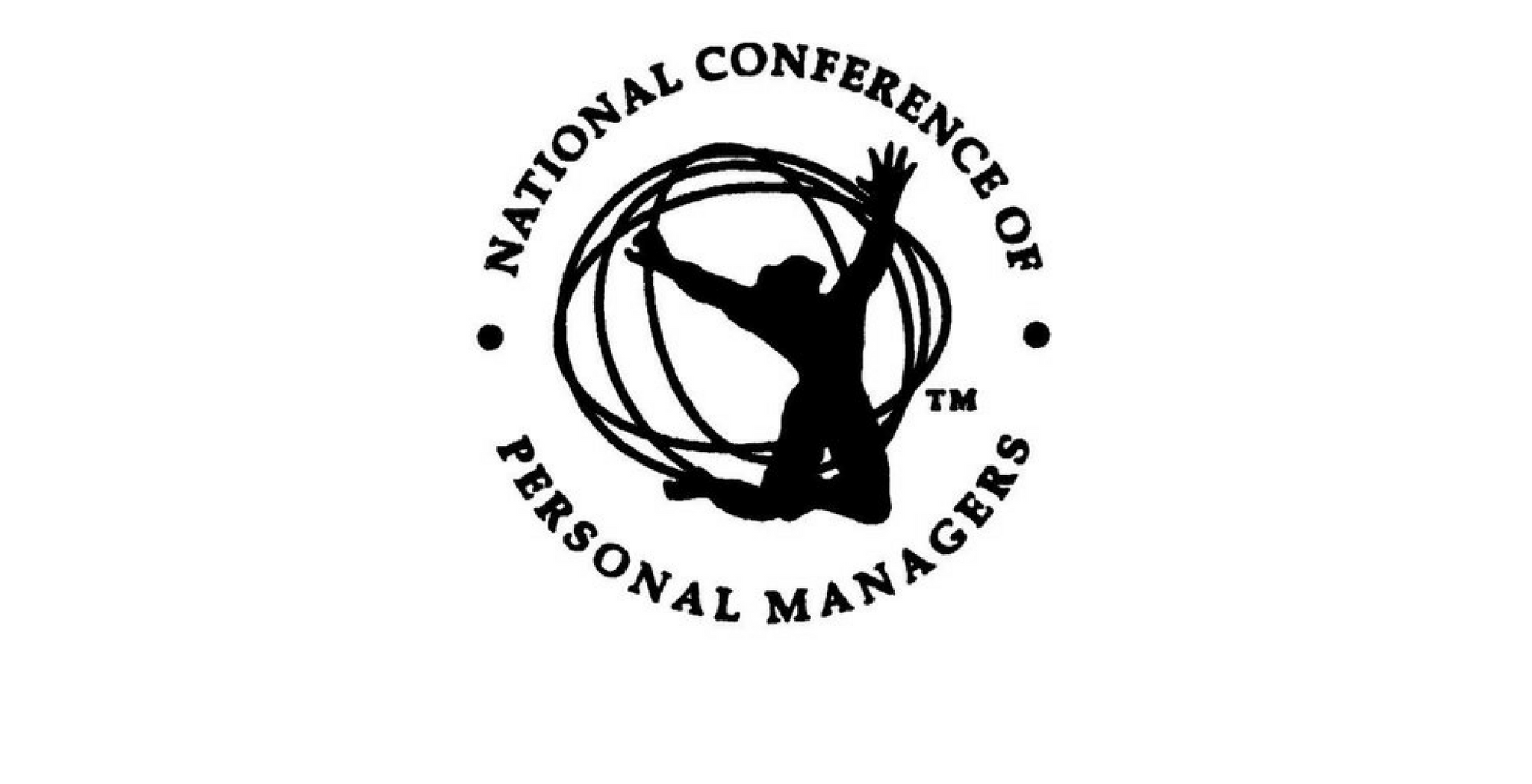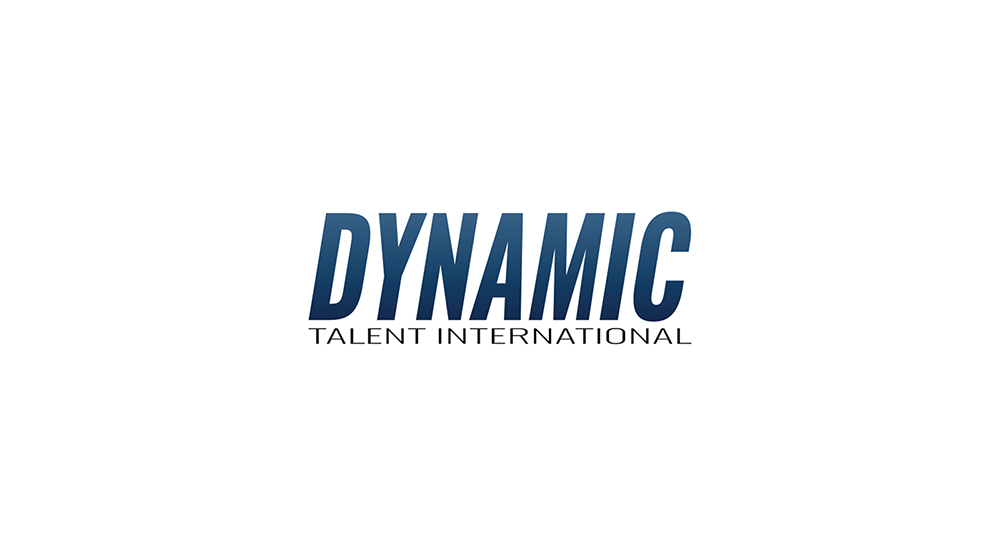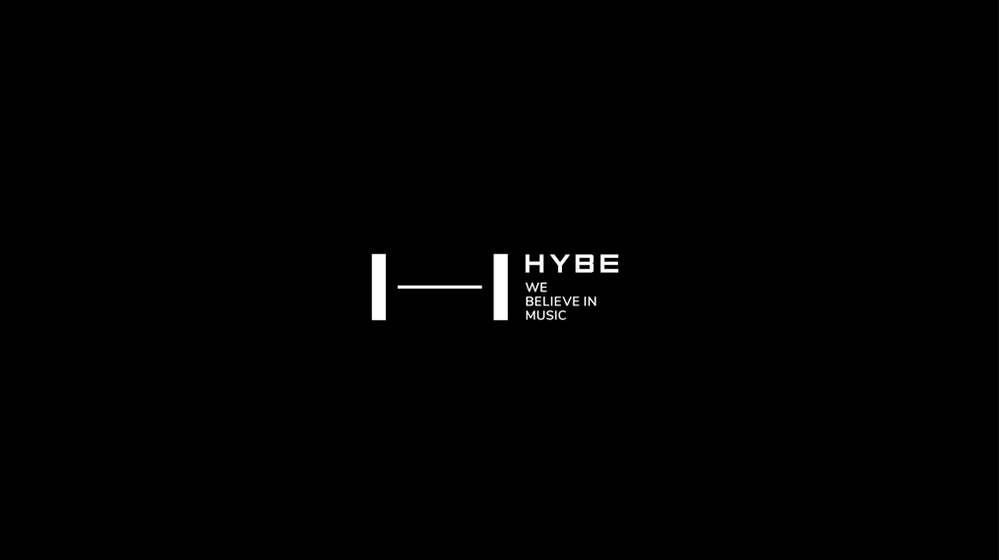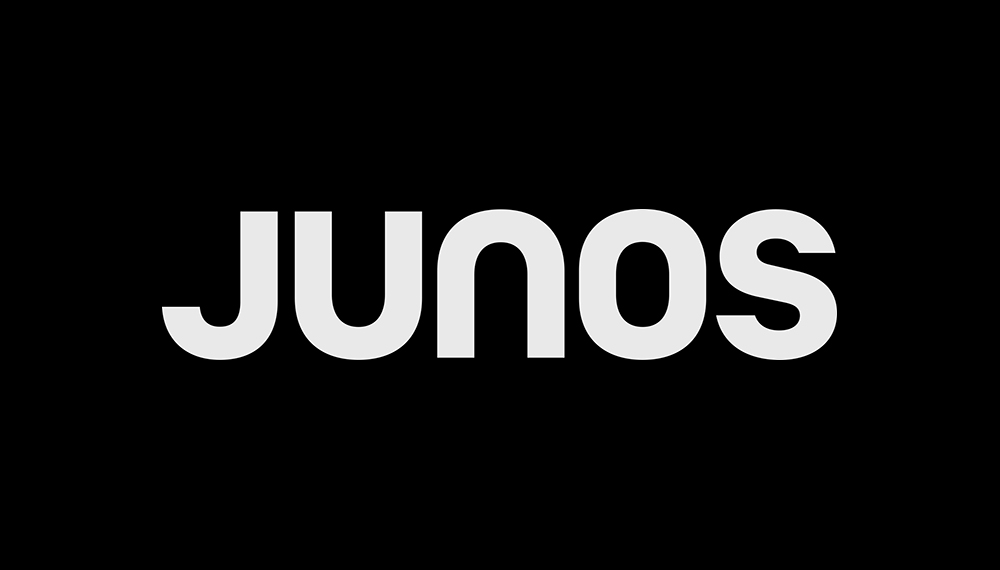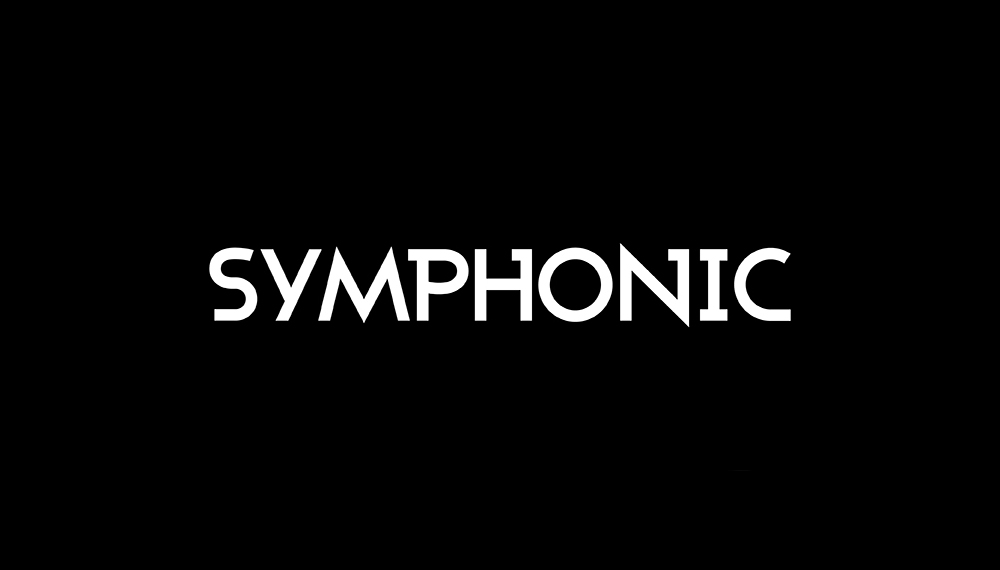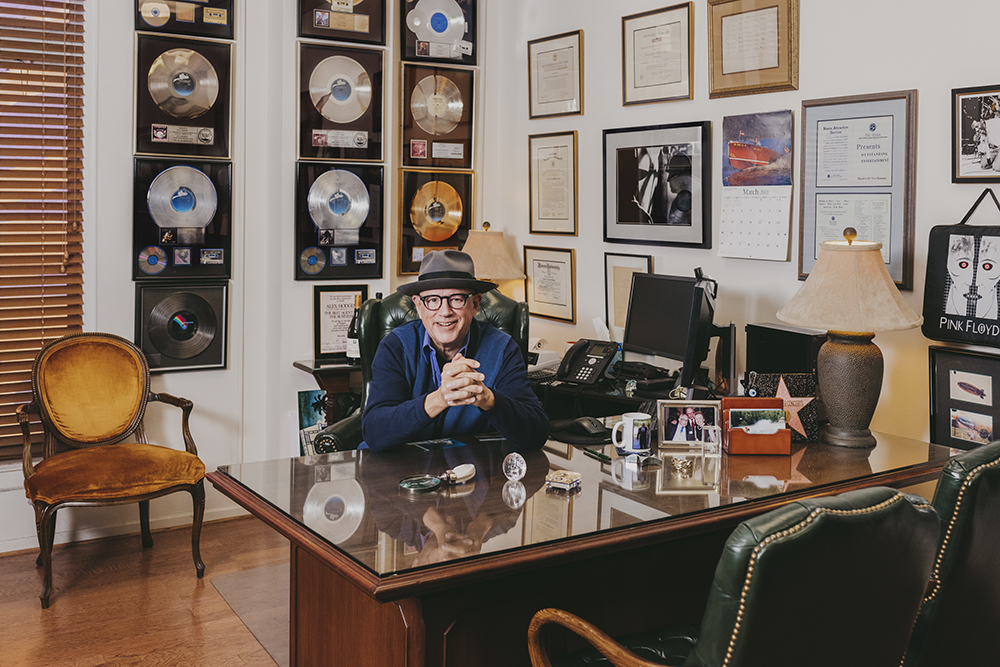
HONG KONG (AP) — Chinese box office revenue surged 44 percent to 6.2 billion yuan ($908 million) in 2009, a movie publicist said Friday.
China also added 600 screens, bringing its total to 4,700, including 1,800 digital and nearly 800 3-D screens, Weng Li, spokesman for the state-run China Film Group, said in a phone interview. He said the figures were from China's Film Bureau.
Chinese box office revenue has grown by an average 30 percent in each of the past six years, Weng said.
Chinese films accounted for 56 percent, or 3.5 billion yuan ($513 million), of the total box office revenue. That's at least partly due to China's annual quota of 20 revenue-sharing film imports. The restriction amounts to a limit on foreign blockbusters that are typically distributed under revenue-sharing deals.
Despite the restrictions, Hollywood movies posted a strong performance in China in 2009, with two setting box office records. In July, "Transformers: Revenge of the Fallen" broke the 11-year-old record held by James Cameron's "Titanic," raking in 450 million yuan. "Titanic" made 360 million yuan in 1998. In December, the disaster movie "2012" shattered the "Transformers" record by earning 460 million yuan.
Another Cameron movie, his 3-D sci-fi blockbuster "Avatar," was released Jan. 4 and is expected to make more than 500 million yuan.
While Chinese box office revenue is still small compared to the U.S. — U.S. revenues totaled $9.79 billion in 2008 — its rapid growth and the popularity of Hollywood products in China are why American studios are eager for Beijing to ease its import restrictions.
The World Trade Organization in December upheld an earlier ruling that China is illegally restricting music, film and book imports from the U.S. The original ruling didn't address the 20-movie limit, but urged Beijing to let foreign companies distribute their entertainment products in China. Currently, China Film Group decides which movies to import.
The tremendous pull of the Chinese market is also being acutely felt in Hong Kong. Once a center for Chinese-language film production known for its stylish urban action thrillers, directors and actors from this former British colony have flocked to mainland productions in recent years.
On Friday, one of Hong Kong's biggest stars, Chow Yun-fat, said he wants to shoot a movie in Hong Kong but hasn't received a script for a local production in several years. The "Crouching Tiger, Hidden Dragon" star now alternates between Hollywood and mainland Chinese productions. His last Hong Kong film was the 1995 release "Peace Hotel."
"Industry insiders are all looking forward. All the mainland Chinese productions are making hundreds of millions of yuan. The budget for Hong Kong movies is shrinking," Chow said at a press conference to promote a short film competition for young Hong Kong filmmakers.































